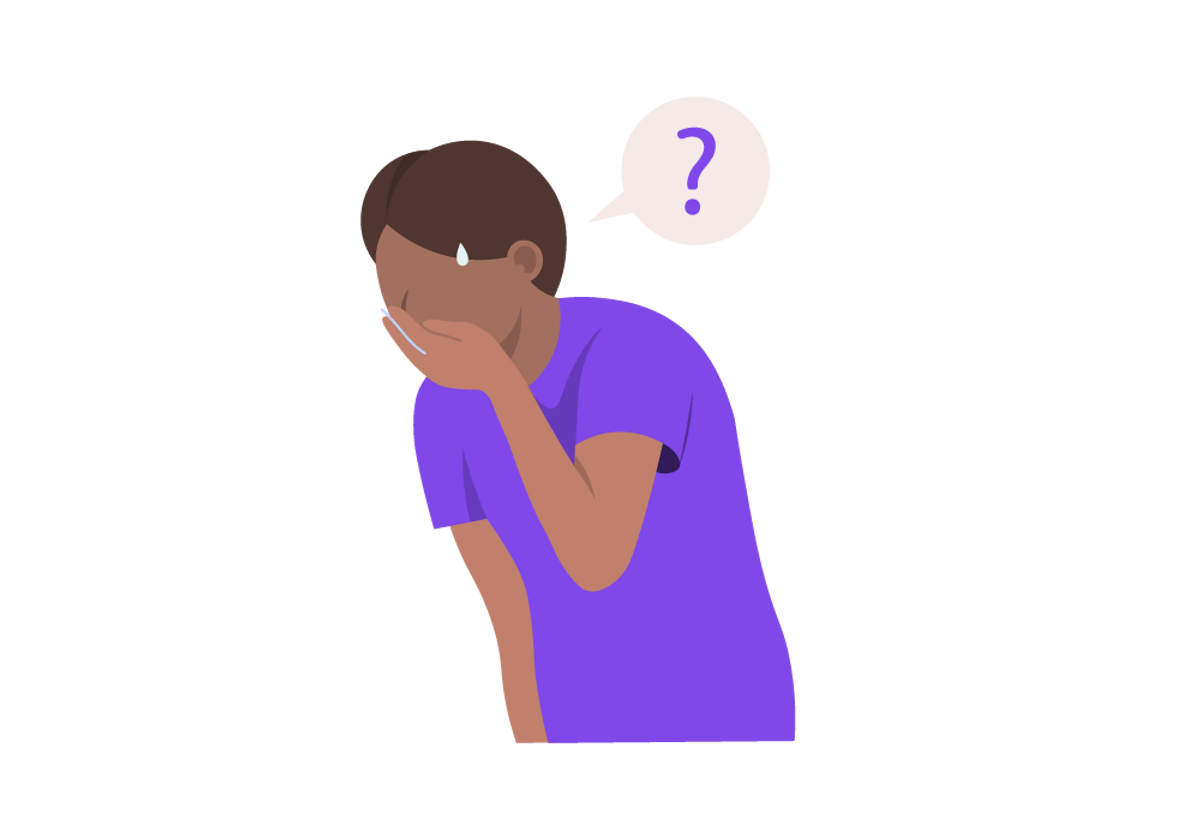Symptoms When Blood Sugar Is High

High blood sugar, or hyperglycemia, occurs when there is too much glucose in the bloodstream. Glucose, also known as blood sugar, is a type of sugar that comes from the foods we eat and is the primary source of energy for the body's cells. However, when blood sugar levels become too high, it can cause a range of symptoms and health complications.
There are several possible causes of high blood sugar, including:
Insulin resistance: Insulin is a hormone produced by the pancreas that helps regulate blood sugar levels. When the body becomes resistant to insulin, it can't use it effectively to regulate blood sugar, leading to high levels of glucose in the bloodstream.
Poor diet: Eating foods that are high in sugar and carbohydrates can cause blood sugar levels to spike.
Lack of physical activity: Regular exercise can help regulate blood sugar levels, so a sedentary lifestyle can contribute to high blood sugar.
Certain medications: Some medications, such as steroids and diuretics, can increase blood sugar levels.
Stress: When the body is under stress, it releases hormones that can cause blood sugar levels to rise.
The symptoms of high blood sugar can vary depending on how high the levels are and how long they have been elevated. Some people may not experience any symptoms at all, especially in the early stages of hyperglycemia. However, as blood sugar levels continue to rise, symptoms may become more noticeable.
One of the most common symptoms of high blood sugar is increased thirst. This occurs because the body is trying to flush out the excess glucose in the bloodstream, which can lead to dehydration. As a result, people with high blood sugar may feel the need to drink more fluids than usual.

Another common symptom of high blood sugar is frequent urination. This occurs because the kidneys are trying to get rid of the excess glucose in the bloodstream by flushing it out in the urine. As a result, people with high blood sugar may need to use the bathroom more often than usual.
![Man Frequent Urination At Night Illustration - Stock Illustration [60945368] - PIXTA](https://en.pimg.jp/060/945/368/1/60945368.jpg)
Fatigue is another symptom of high blood sugar. When blood sugar levels are high, the body is unable to use glucose effectively for energy. This can lead to feelings of tiredness and lethargy, as well as difficulty concentrating .
In severe cases, high blood sugar can cause nausea, vomiting, and abdominal pain. This is because the body is trying to get rid of the excess glucose in the bloodstream, and these symptoms can be a sign that the body is under stress.

Blurred vision is another symptom of high blood sugar. Elevated blood sugar levels can cause the lenses in the eyes to swell, resulting in blurry vision. This symptom may be temporary and can improve once blood sugar levels are brought under control.

In addition to these symptoms, high blood sugar can also cause dry mouth and skin, as well as itchy skin and slow-healing cuts or wounds. These symptoms occur because high blood sugar can damage the blood vessels and nerves in the body over time, which can impair circulation and skin health.
If you experience any of these symptoms, it's important to speak with a healthcare provider. They can perform a blood test to check your blood sugar levels and help determine the underlying cause of any symptoms you may be experiencing.



Comments
Post a Comment